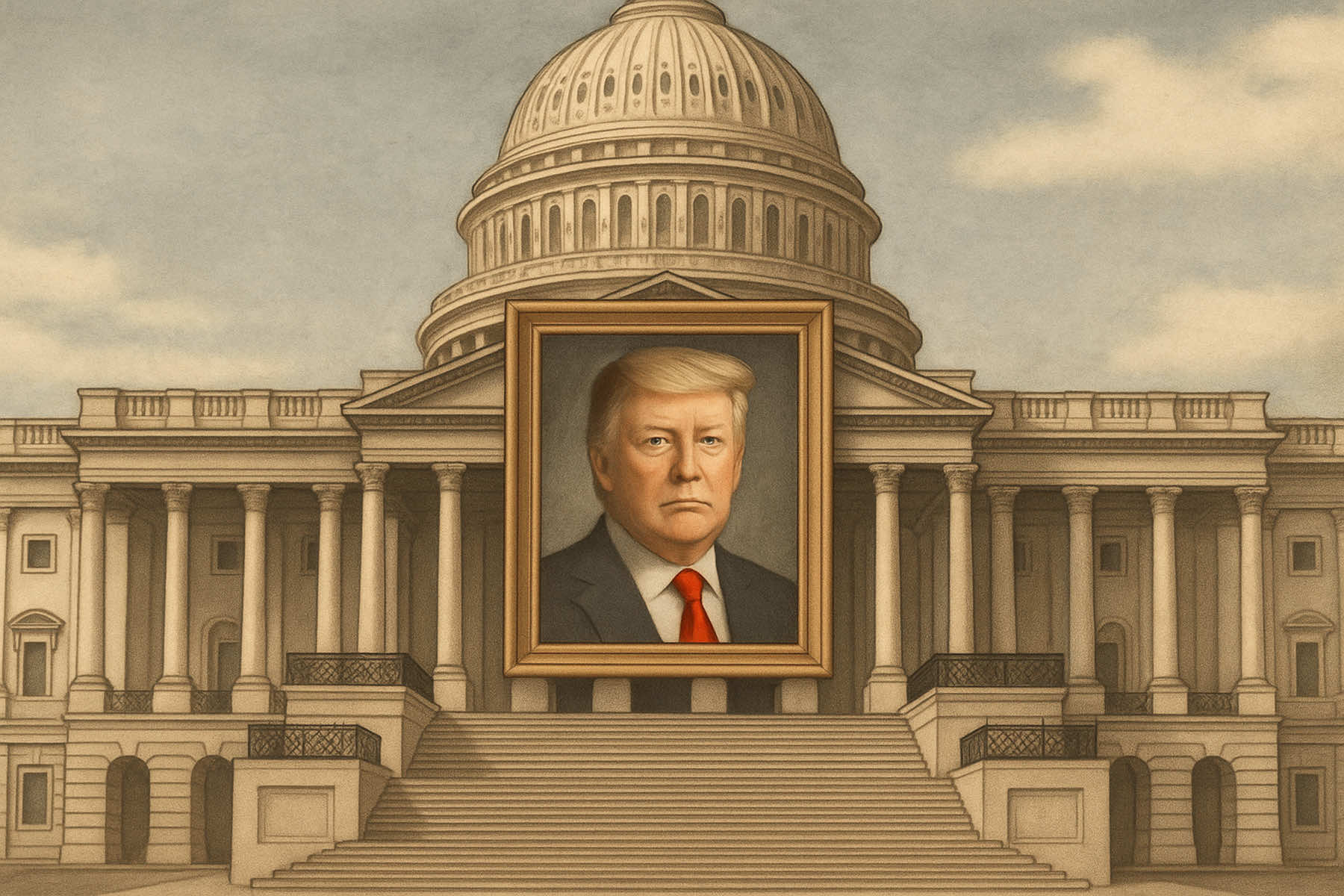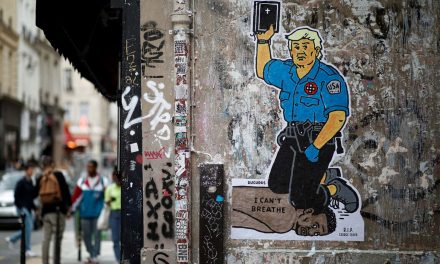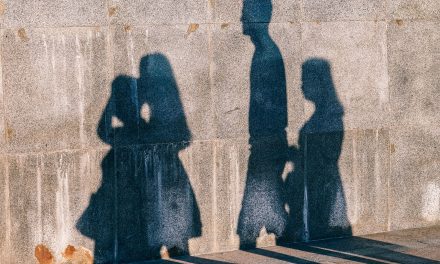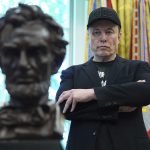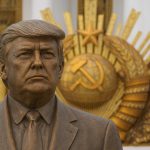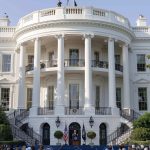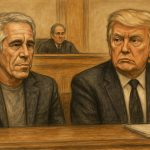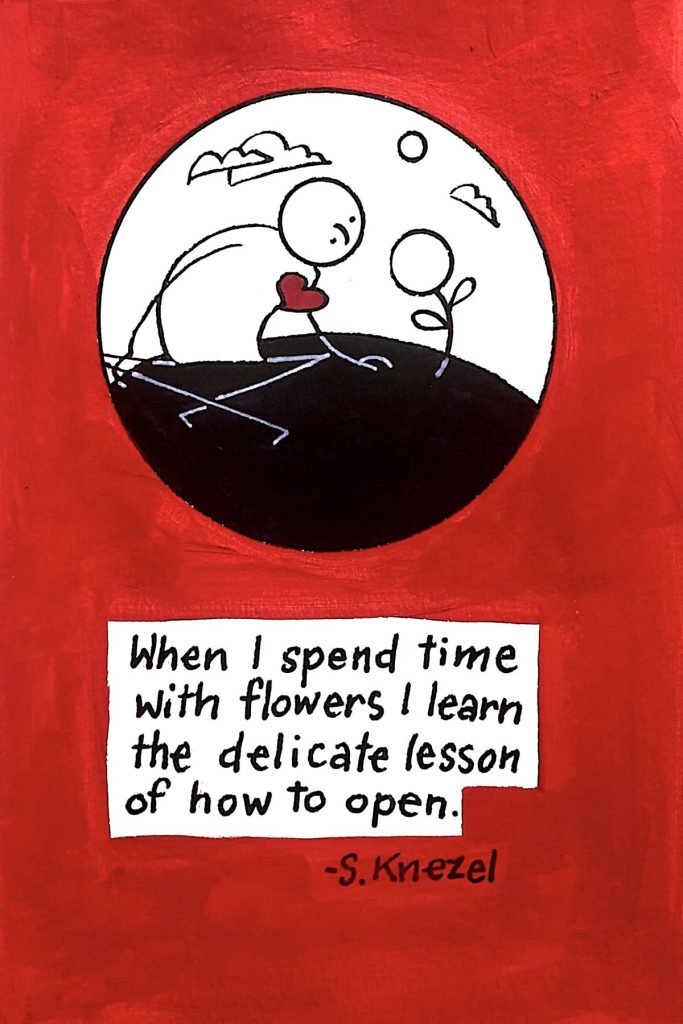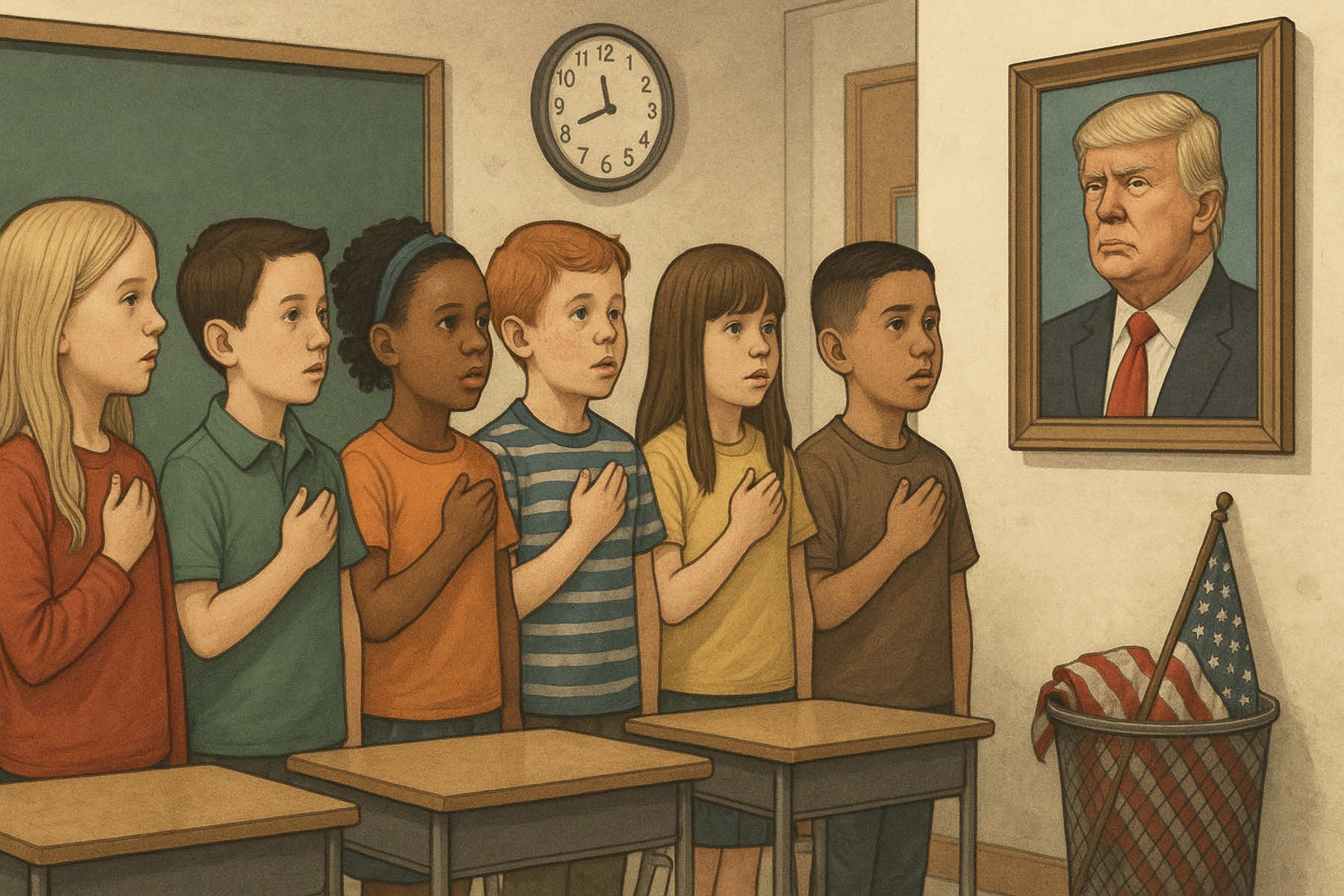
China descended into chaos under the direction of its own leader in 1966. Mao Zedong, facing diminished influence after the Great Leap Forward’s disastrous failure, launched what became known as the Cultural Revolution.
It was framed as a purge of “counter-revolutionary” elements, but at its core, it was a campaign to reassert Mao’s authority by turning the population, especially the youth, against the country’s own institutions, intellectuals, and even families.
Millions of students became Red Guards, emboldened by Mao’s rhetoric to dismantle the old world. Schools shut down, libraries were burned, and educators were beaten in the streets. Temples, artworks, and ancient traditions were destroyed in the name of ideological purity.
The upheaval lasted a decade and led to the persecution of millions, the death of hundreds of thousands, and the psychological trauma of a generation. In the short term, it left China culturally and economically paralyzed. In the long term, it created a vacuum where trust in knowledge, civility, and progress had been deliberately destroyed.
It would take decades for China to repair even a fraction of the damage, and some consequences, such as its demographic collapse from later policies like the One Child Rule, were seeded in that same era of authoritarian absolutism.
Fifty years later, in the United States of 2015, Trump accelerated the simmering Culture War created by Republicans in a similar fashion.
The parallel is not perfect, no historical analogy ever is, but the warning signs are not abstract. For a decade from 2015 to 2025, America has transformed under a singular political movement not dissimilar in effect, if not in method, to the Cultural Revolution.
It is a national self-destruction ignited not by civil war or famine, but by ego, disinformation, and grievance politics masquerading as patriotism.
The rise of Donald Trump from fringe reality TV celebrity to the most influential man on earth was not the cause but the catalyst. His presidency shattered norms not through policy expertise or national unity, but through deliberate division and spectacle.
For ten years, across campaigns, impeachments, and a return to power, Trump exploited the vulnerabilities of American democracy: its outdated systems, its media obsession, its partisan blind spots, and most of all, the cultural rot that had taken hold in White Evangelical Nnationalism, where morality was sacrificed on the altar of power.
Under Trump, America abandoned not just institutions but ideals. Loyalty to the Constitution became conditional, subordinated to a total allegiance to Trump. Religion became a political tool, hollowed of compassion and reduced to performative wrath.
Education was vilified. Science was mocked. Bureaucrats were demonized. The judiciary was packed, not for fairness but for toxic ideological gain. And every setback, including pandemics, protests, and lost elections, became fuel for conspiracies, each more fantastical than the last.
Much like Mao’s Red Guards, fanatical MAGA loyalists turned against their neighbors, their teachers, and their cities. Facts became “fake news.” An alternative history was rewritten in real time, changing the obvious narrative of what people witnessed with their own eyes.
Paranoia supplanted patriotism. And a cult of personality emerged, not by accident, but as the core mechanism of control. In Trump, millions saw not a leader, but a messiah. He was a flawed, erratic, and cruel little man, but he was theirs.
This is where the comparison to Mao becomes unavoidable. Both leaders demanded not competence but loyalty. Both painted themselves as victims of elite conspiracies. Both harnessed the rage of a public primed to believe that someone, somewhere, had stolen their country from them. And both, through that twisted narrative, built regimes dependent on constant crisis, perpetual grievance, and the belief that only they could restore order by first burning everything down.
Both Mao and Trump achieved something few modern leaders have, a personality cult so complete it displaced ideology itself.
In Mao’s case, the revolution became indistinguishable from the man. His image adorned every wall, his quotations were sacred text, and to question his authority was to reject the very identity of the new China. People starved, struggled, and suffered, but they still chanted his name.
Trump’s MAGA cult may not involve Little Red Books, but it carries the same fanaticism. For millions of Americans, no crime is too egregious, no lie too big, no failure too obvious to shake their faith.
He is not judged by results, but by symbolism. Trump’s words do not need truth, they need volume. His presence in American life is sustained not by leadership but by spectacle. And as with Mao, loyalty to the man has become the sole litmus test for legitimacy in his political movement.
Anyone who dissents is cast out as a traitor, even former allies. The Republican party, already overwhelmed with moral corruption, bent to serve him and not the Constitution. And certainly not the people of the country.
Where Mao promised revolution, Trump promises revenge. And like all personality cults, the truth is irrelevant. Only belief remains.
What the Cultural Revolution did to China is a warning, not a historical footnote. Even long after Mao’s death, the emotional scars, broken families, and lost knowledge continued to haunt the nation. In the U.S., even if Trump were removed from power today, the legacy of Trumpism and its anti-intellectualism, authoritarian yearning, and contempt for civic life has metastasized.
It is no longer about one man. It is a doctrine, a worldview, a reflex. Policies are not just being changed, they are being annihilated. Education systems are gutted. Books are banned. Public health is politicized. Social programs are slashed. These are not temporary losses, they are structural shifts that will echo for generations.
Just as China’s One Child Policy, born from the same authoritarian impulse, now threatens its entire economy and social fabric, so too will America’s abandonment of public education, social safety nets, and civic institutions render its future brittle, unequal, and unsustainable.
And while China’s trauma culminated in the 1989 Tiananmen Square massacre, a bloody confrontation between unarmed students and a regime unwilling to surrender power, the United States came closer than most realize to its own version on January 6, 2021. That failed insurrection was not the end of something, it was a beginning.
Authoritarian ideologies do not fade when defeated. They recede, recalibrate, and wait. Mao’s death did not end the forces he unleashed, it merely forced the Communist Party to adapt. In time, the same party that had once worshiped Mao cautiously rewrote his legacy, acknowledging the Cultural Revolution as a grave error without ever naming the dictator as its source. Today, China remains ruled by the same party, its power intact, its dissent silenced.
America is not immune to the same cowardice. We are already watching the architecture of denial being built. January 6 is being reframed as a peaceful protest. Trump’s lies are now normalized. Violent extremism is rebranded as patriotism. And across the country, officials who once condemned Trump have fallen into lockstep or disappeared altogether. History is not just being forgotten, it is being rewritten.
The consequences will not end with one man’s defeat. Trump’s attacks on democracy created a template that others will follow. The purge of knowledge, the elevation of blind loyalty, the militarization of grievance. It all now lives in the marrow of a political culture that refuses to police itself.
And while Mao’s China wielded state violence openly, Trump’s America has turned to stochastic terrorism. It is the kind of domestic terrorism that does not need specific orders, just a suggestion. Schools targeted. Hospitals harassed. Journalists threatened. Librarians doxxed. Violence without fingerprints.
Where does it end? If history is a guide, it does not end cleanly. It ends in exhaustion. China’s Cultural Revolution collapsed under the weight of its own extremism, but only after immeasurable damage. It took the better part of two generations for Chinese society to begin reconciling with what was lost. Trust in institutions. Respect for scholarship. Hope for a unified future.
For the United States, the cost is already mounting. A generation of children is growing up in classrooms stripped of accurate history, civics, and science. Climate change is dismissed. Gun violence is endemic. Health care remains broken. Economic inequality deepens. And the solution offered by MAGA is not reform but revenge against the educated, the diverse, the compassionate. Against the very idea of shared purpose.
What made the Cultural Revolution so destructive was not just Mao’s power. It was the willing participation of the people. Students who turned in their teachers. Neighbors who reported families. Millions who became perpetrators of a system they thought would elevate them.
The same pattern is emerging in the United States, but with even darker intent. China’s revolution was born out of desperation, a people broken by war, famine, and colonialism, yearning for justice, even if it was misdirected.
America’s descent, by contrast, is born out of entitlement and nostalgia for a hierarchy that privileged Whiteness, Christian Nationalism, and unchecked male dominance.
That difference matters. One sought a better life, the other seeks to punish others for demanding one. The cruelty of the MAGA movement is not incidental, it is the point.
Every rollback of rights, every act of state censorship, every stunt of political theater is done with pride because it hurts the perceived enemy. The victims, who are immigrants, LGBTQ people, the poor, the non-White, the non-Christian, are not collateral damage. They are the targets.
This is how cultural revolutions work. They are not about culture, they are about control. And they do not end when the leader falls. They end when the people stop believing the lie.
Until then, the machinery of repression, however unofficial, however fragmented, keeps grinding forward. In China, it took decades to tame. In America, we may not have that long.
We tell ourselves that the United States cannot have its own Tiananmen. That such things cannot happen here. But that faith without vigilance is exactly what autocrats rely on.
The question is not if America will break. It already has. The question is what rises from its ruins, and how many will still be free enough to tell the truth about what happened.
© Art
Isaac Trevik

